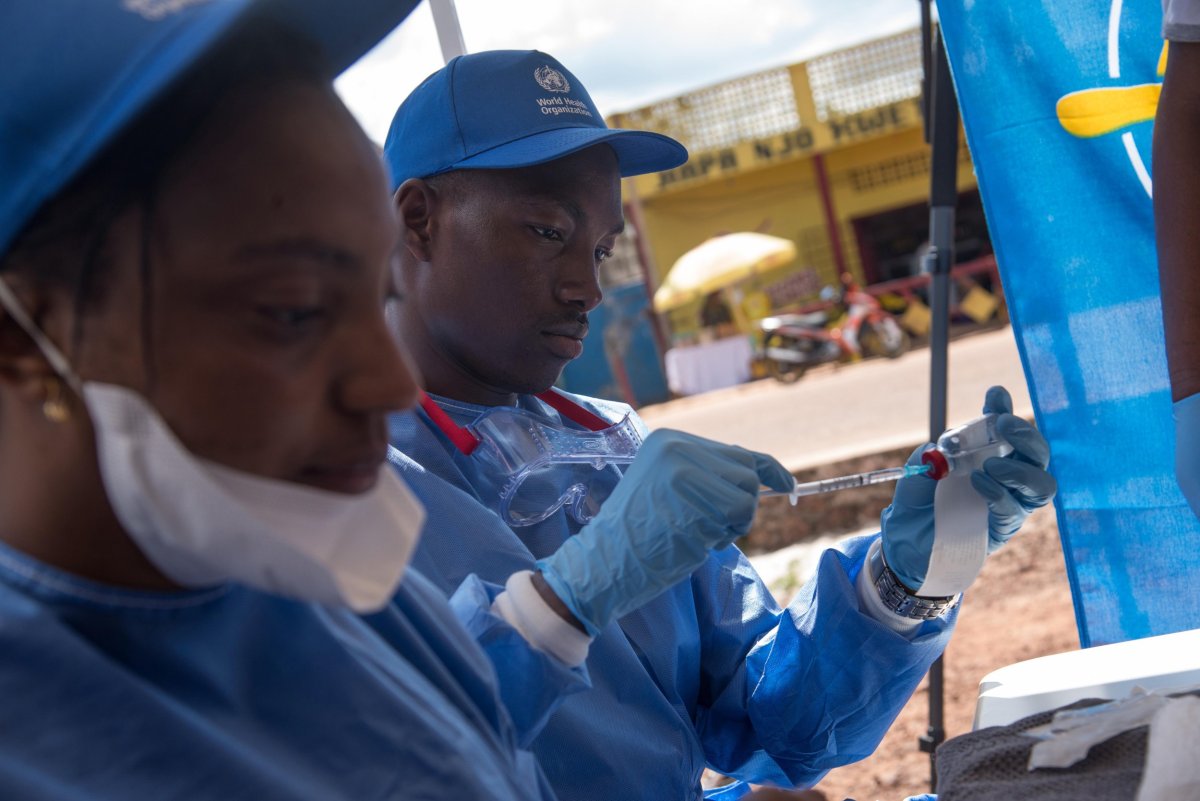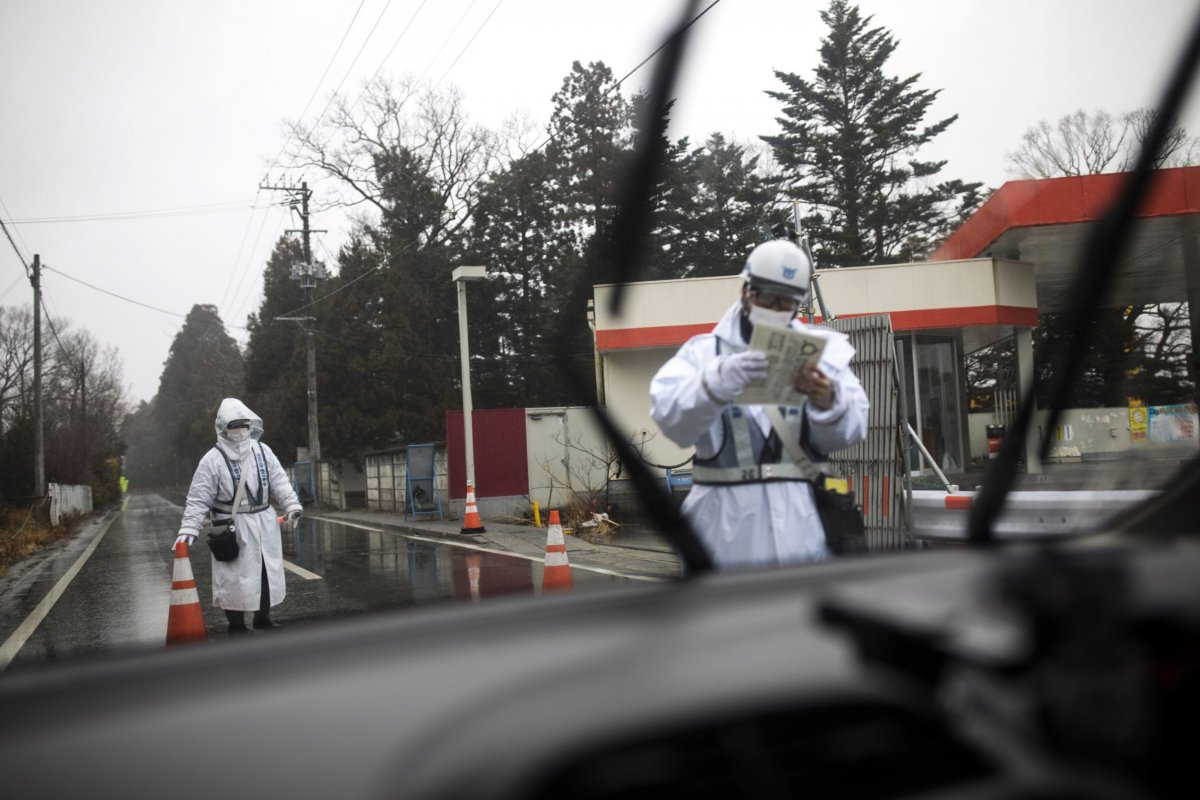This article was originally published on The Conversation. Read the original article.
The government of the Democratic Republic of Congo (DRC) recently declared an outbreak of Ebola in Bikoro, a remote market town in the northwest of the country. Two people were confirmed by laboratory tests to have died of the disease.
The DRC government, the World Health Organisation, Médecins Sans Frontières (Doctors Without Borders) and a host of other NGOs immediately sprang into action. The DRC has fended off eight previous outbreaks, so things would probably be OK, as long as the virus didn't spread to a big city.
Then came the bad news. Mere days after the Bikoro outbreak was announced, the WHO confirmed a case of Ebola in Mbandaka, a city of roughly 1.2 million inhabitants, located 90 miles away. Peter Salama, deputy director-general of emergency preparedness and response at the WHO, described the turn of events as "a major, major game-changer in the outbreak."

Although the WHO said that it now has better tools to deal with the disease, the risk of the outbreak getting out of control still remains very high. So what should be done?
When looking for precedents on how to contain the disease, perhaps it might be useful to look to a completely different kind of disaster, such as the 2011 Fukushima nuclear disaster. I would argue that the Japanese authorities handling of the nuclear leak could provide salient lessons on how to deal with the Ebola outbreak. The three main actions the authorities took were: contain the risk, communicate progress and raise public awareness.
Contain the Risk
The Japanese authorities saved thousands of lives by creating exclusion zones, guarded by roadblocks, to limit the public's exposure to radiation. The DRC might need to consider a similar approach to restrict movement between infected and non-infected areas to stop the virus from spreading.
Exclusion zones would let the authorities screen people entering or exiting the zones, using infrared thermometers, say. And those people flagged as a likely risk could be more thoroughly assessed.
Exclusion zones could also provide the opportunity to assess the health of people within the zones faster and more effectively.
Communicate Progress
Although creating exclusion zones will help the authorities contain the spread of the virus, it will also likely result in rumor, suspicion and fear among the local populace. So it will be important for the authorities to develop an effective communication strategy to provide the latest information about the measures taken and, perhaps most importantly, the effectiveness of those measures.

In formulating a communication strategy, the authorities will need to think carefully about what information should be shared with the public and how to communicate it.
Raise Public Awareness
Radiation seminars for schoolchildren were run annually in schools in Soma, a city in the northeastern Fukushima Prefecture, in order to teach children about radiation. In a similar way, the DRC authorities need to step up awareness campaigns to help the public understand Ebola, its symptoms, how it spreads and, most importantly, how to avoid it when it is in the neighborhood.
Awareness campaigns for schoolchildren and engagement with the broader public will raise awareness about the disease and help people avoid getting sick. These campaigns, by empowering people with knowledge, will ultimately establish stronger communities and will prepare the public for subsequent outbreaks.
Nebil Achour, senior lecturer in health care management, Anglia Ruskin University, U.K.
Uncommon Knowledge
Newsweek is committed to challenging conventional wisdom and finding connections in the search for common ground.
Newsweek is committed to challenging conventional wisdom and finding connections in the search for common ground.
About the writer
To read how Newsweek uses AI as a newsroom tool, Click here.






